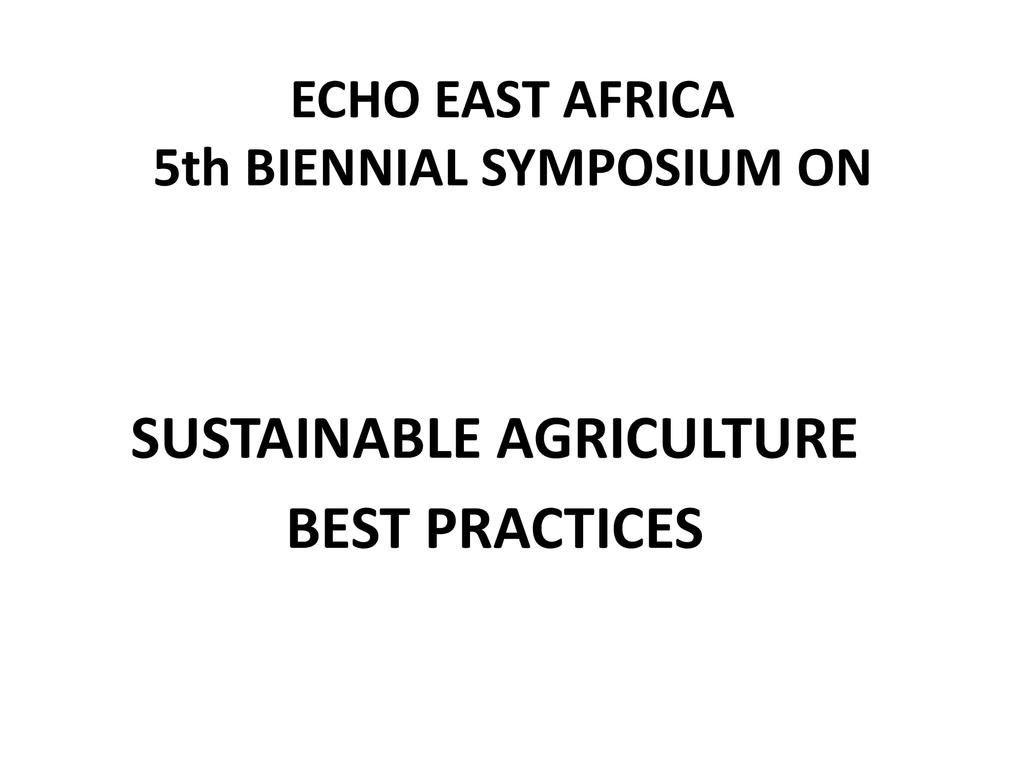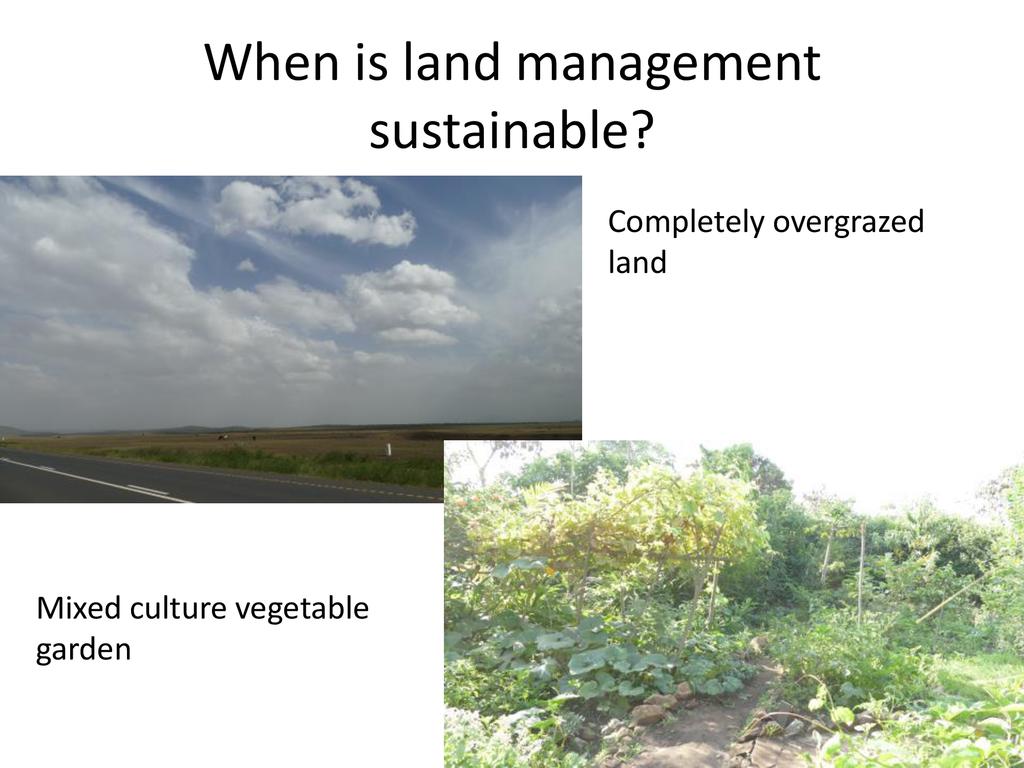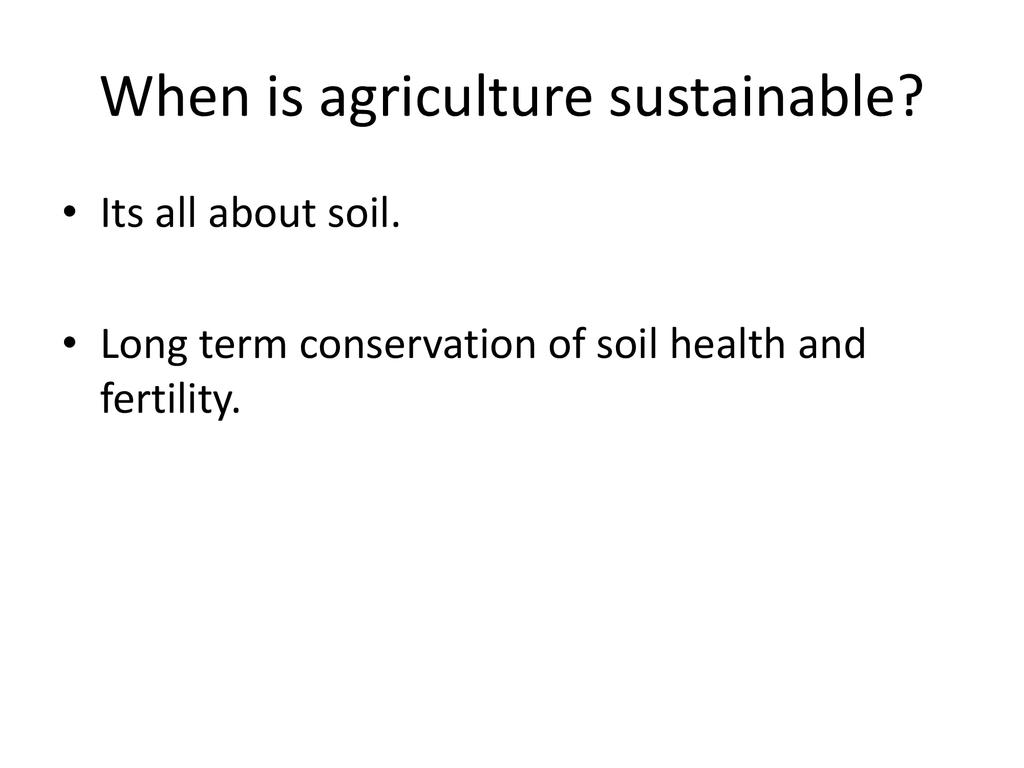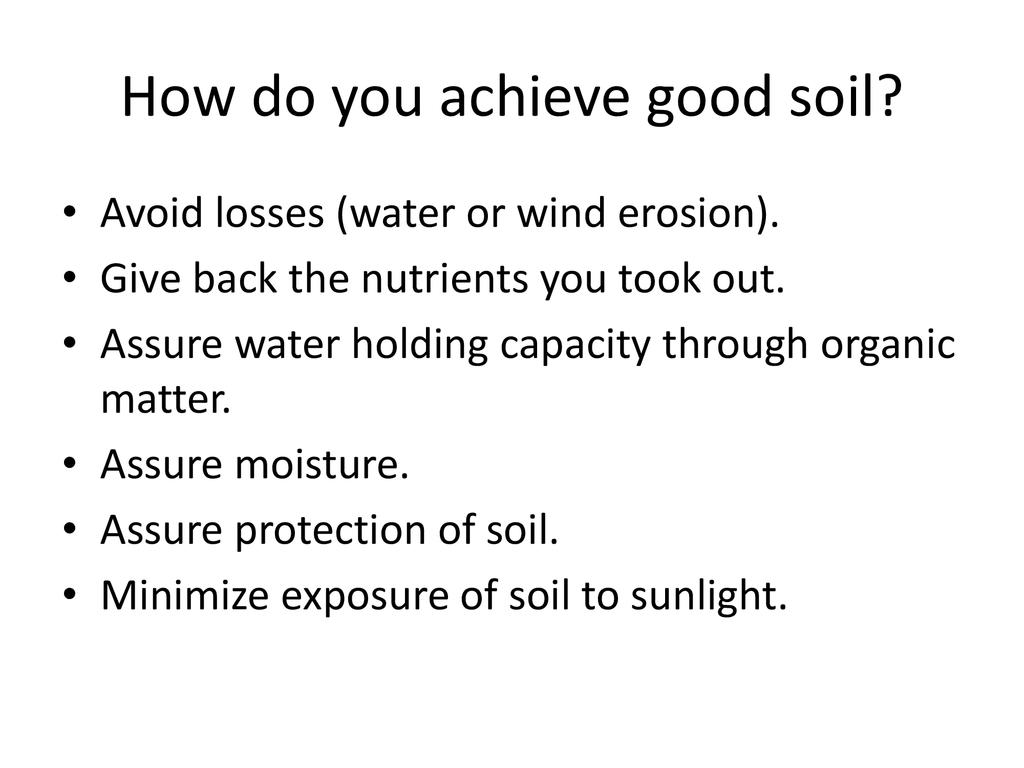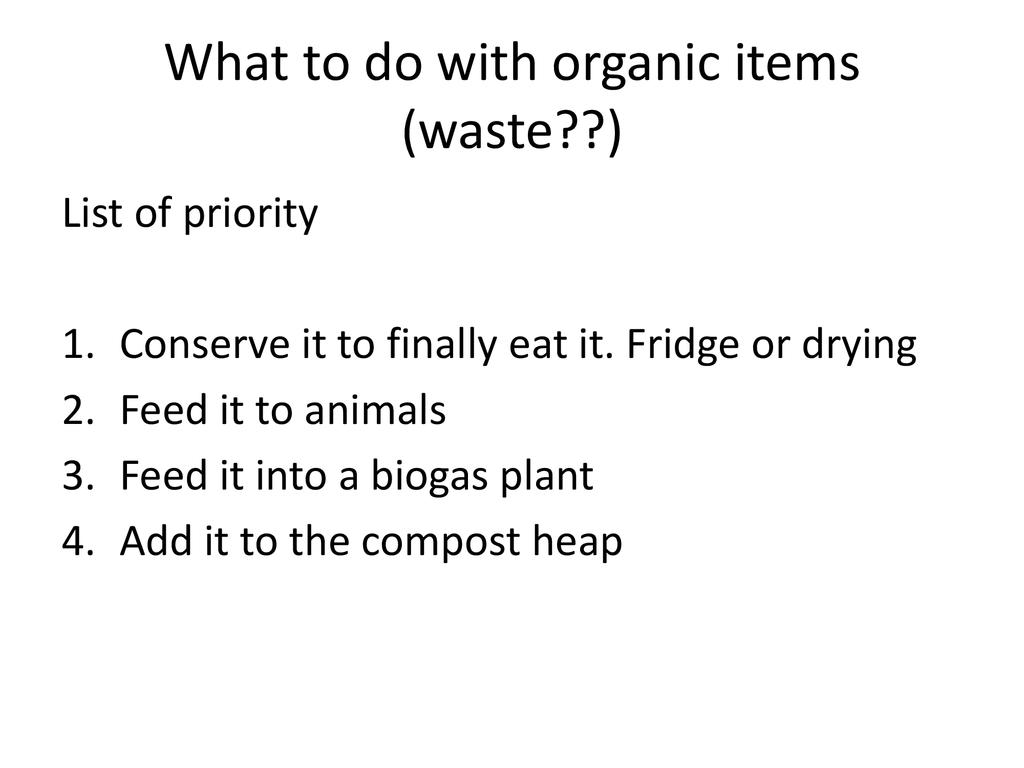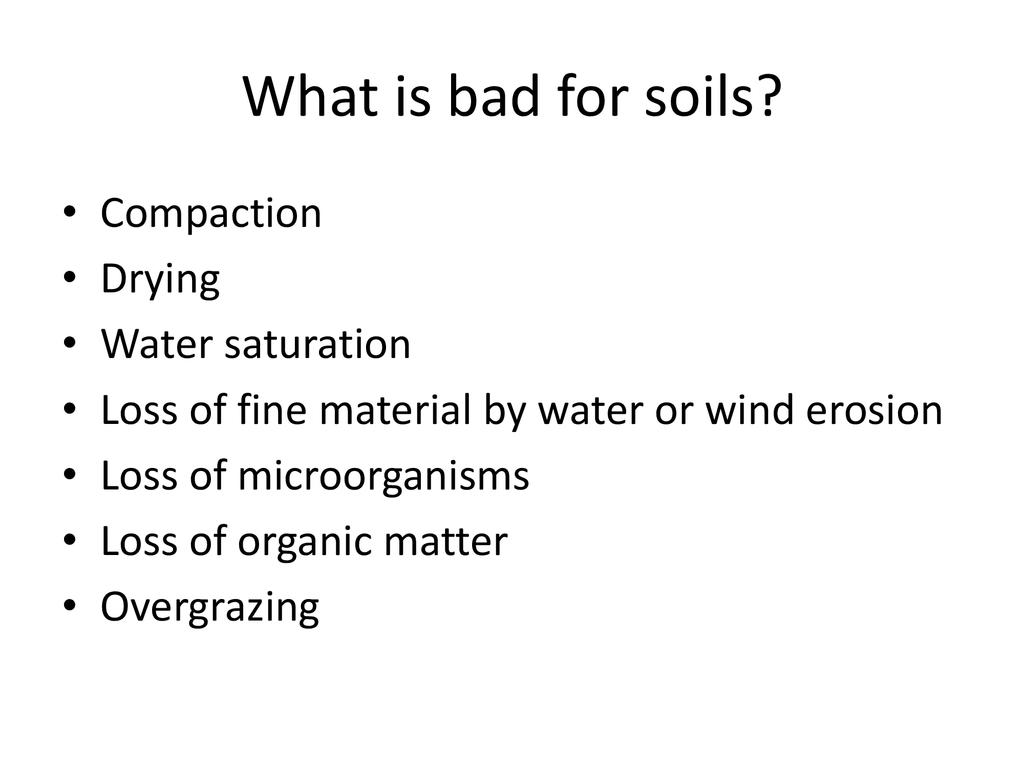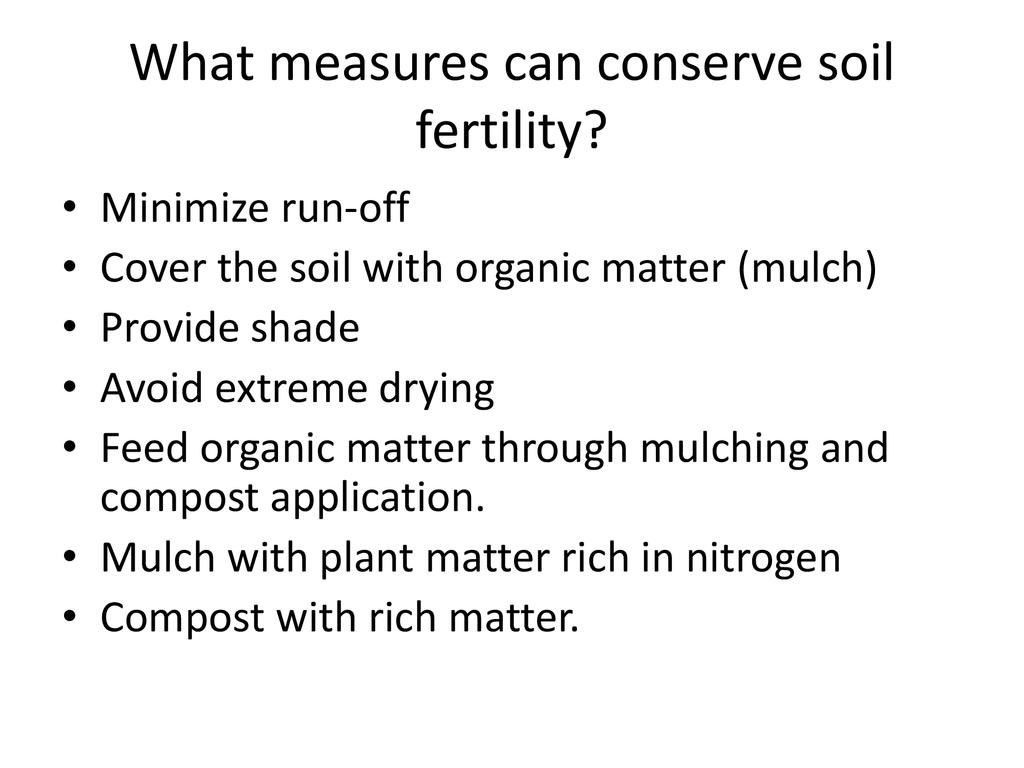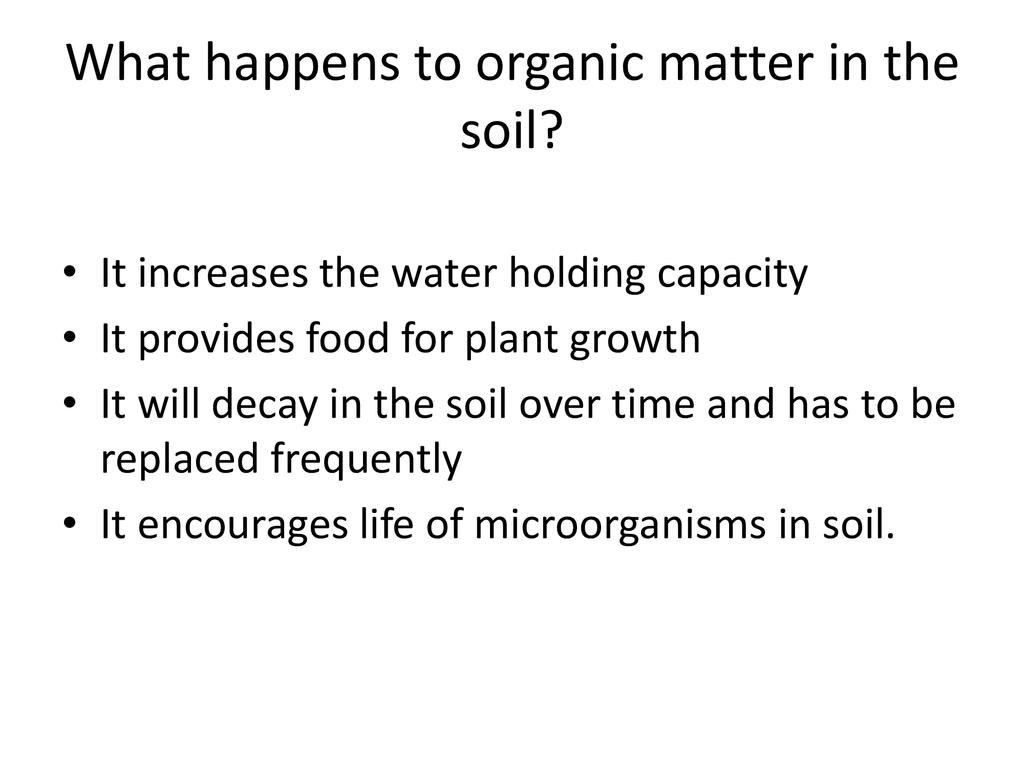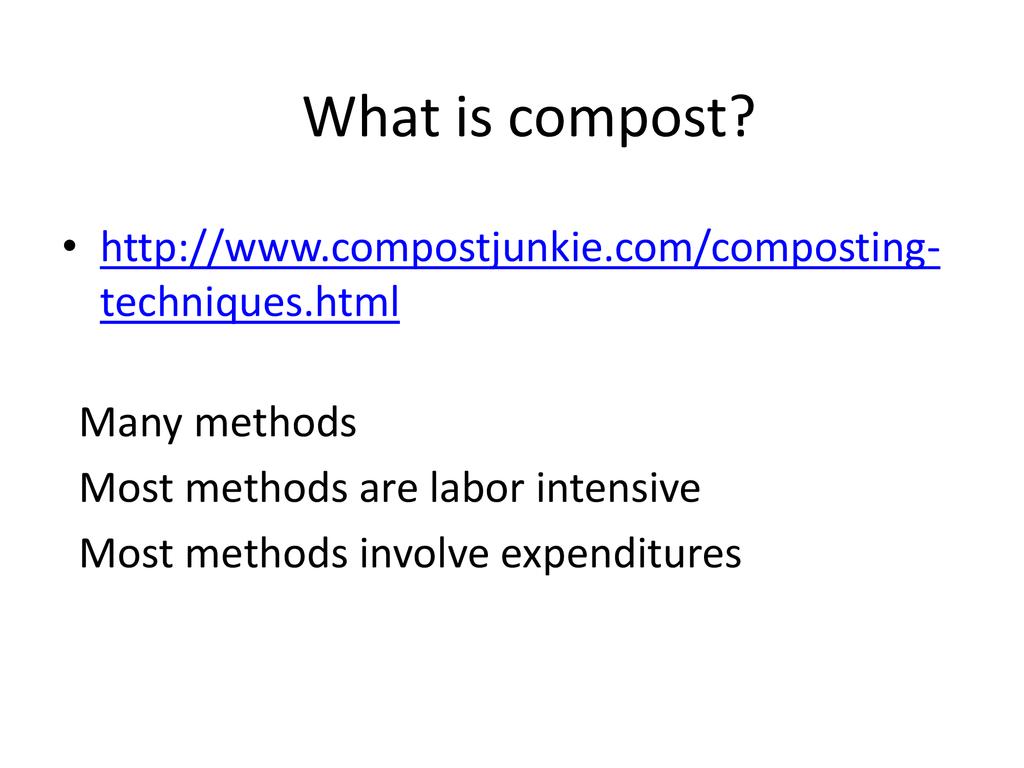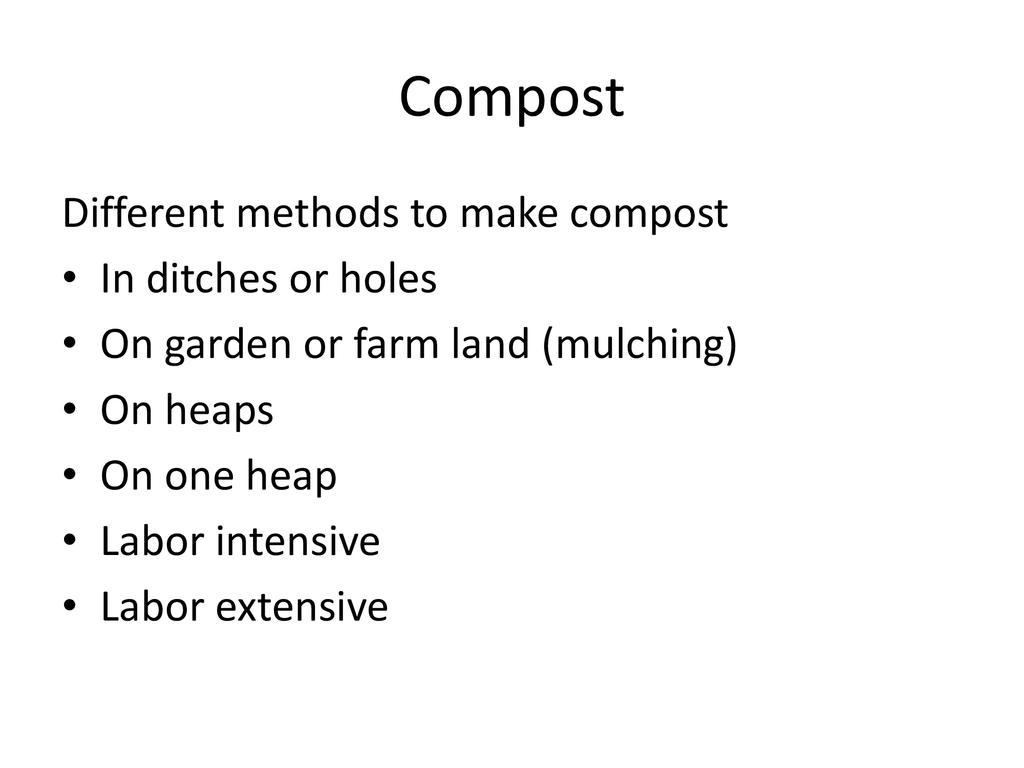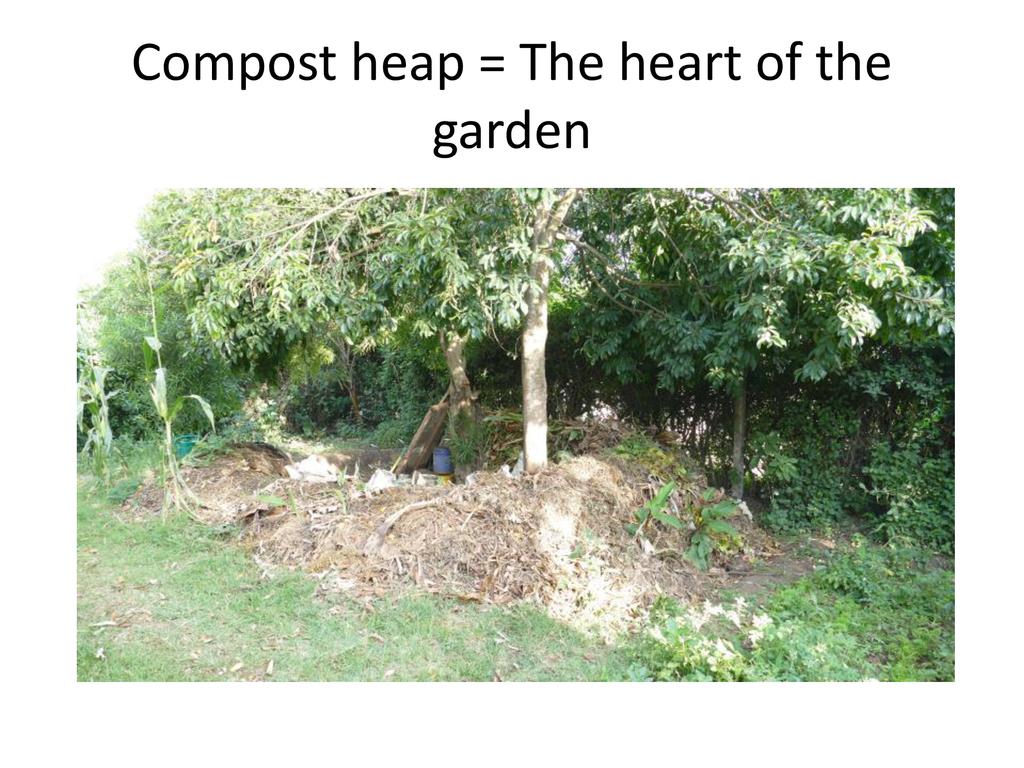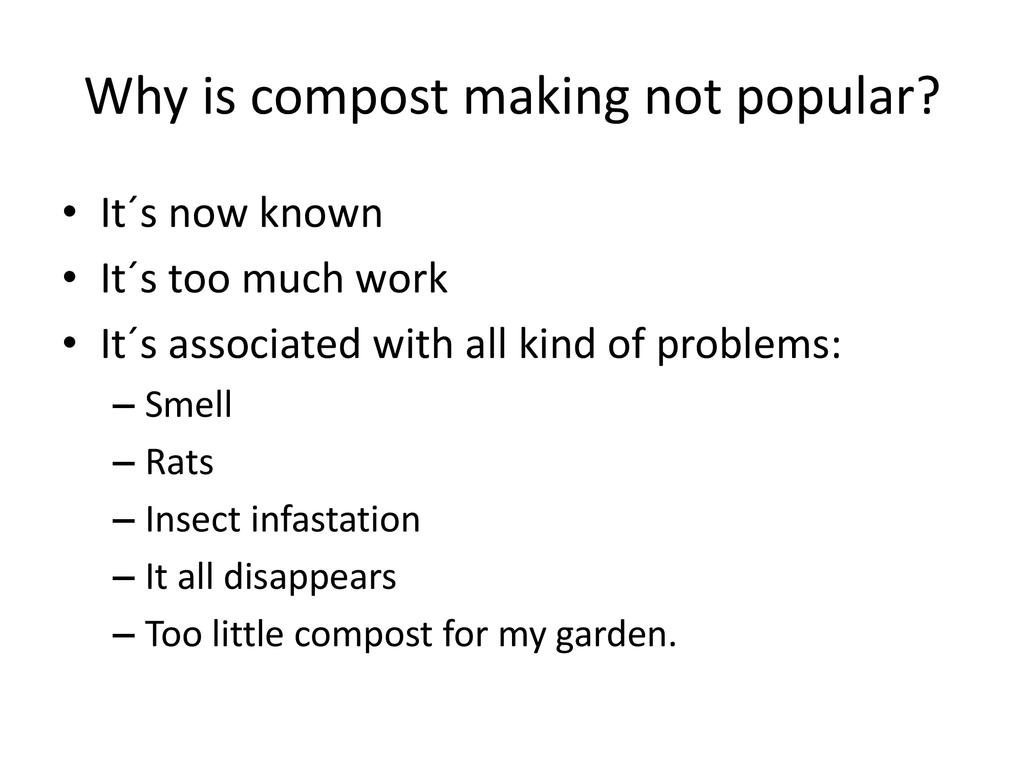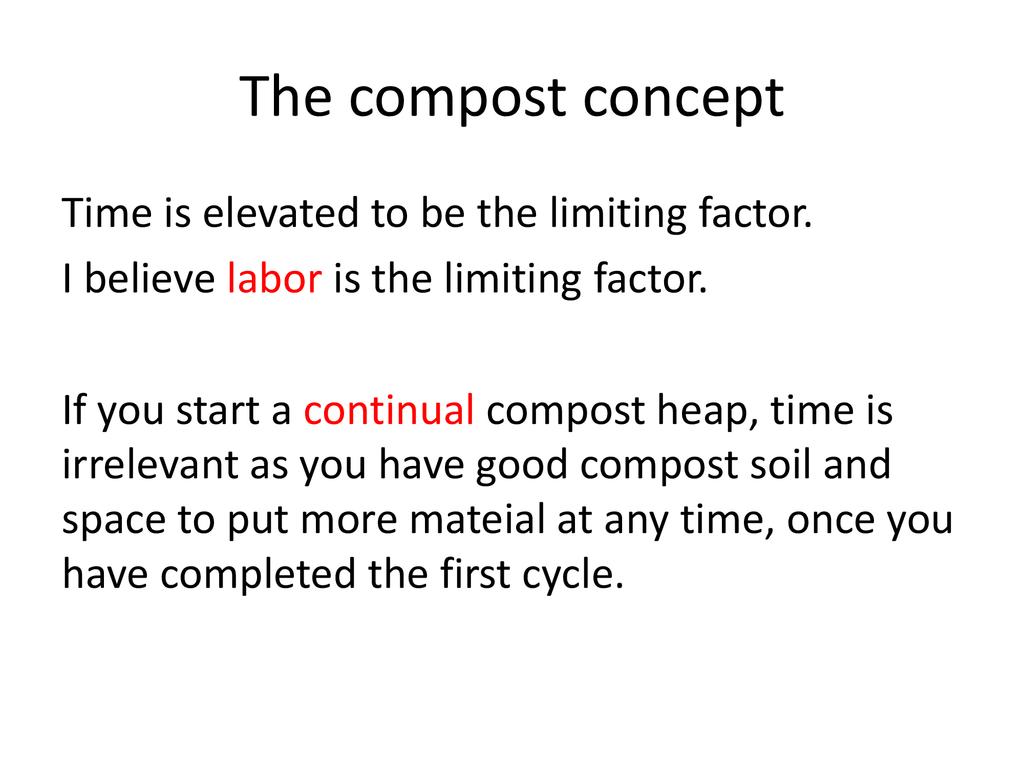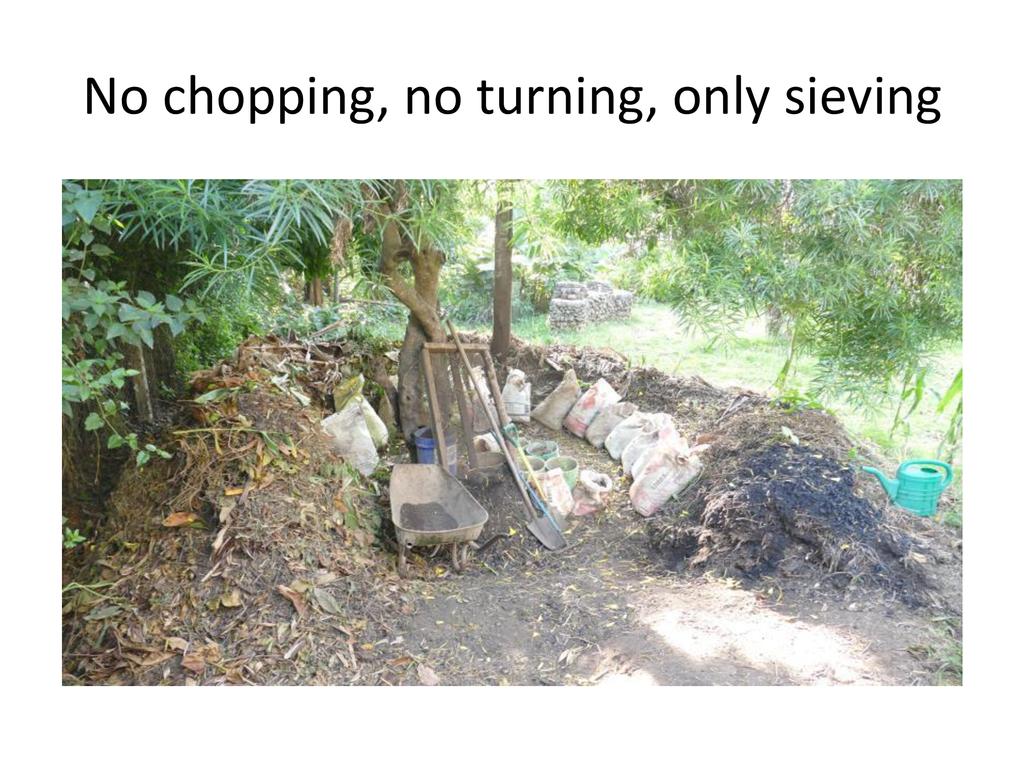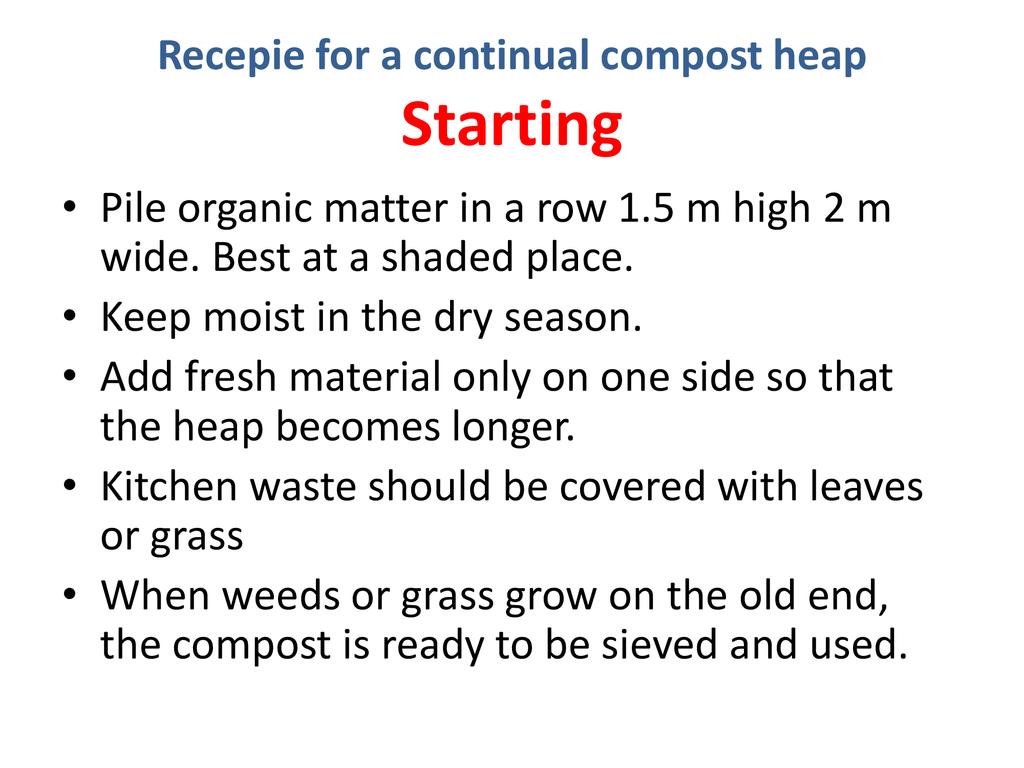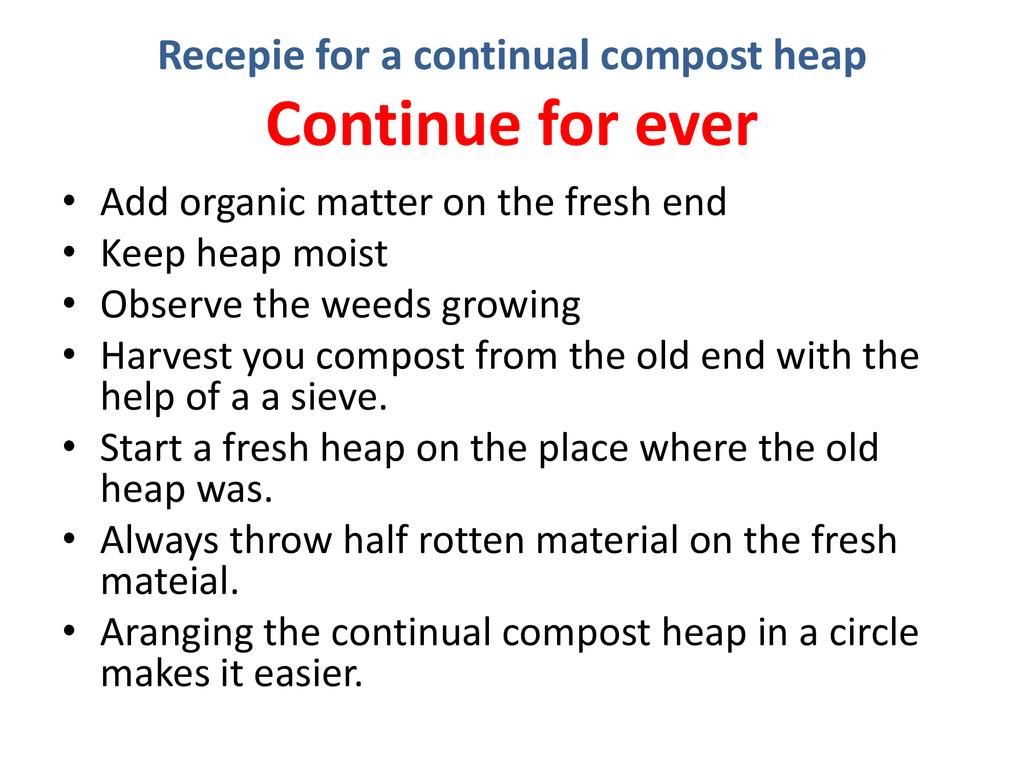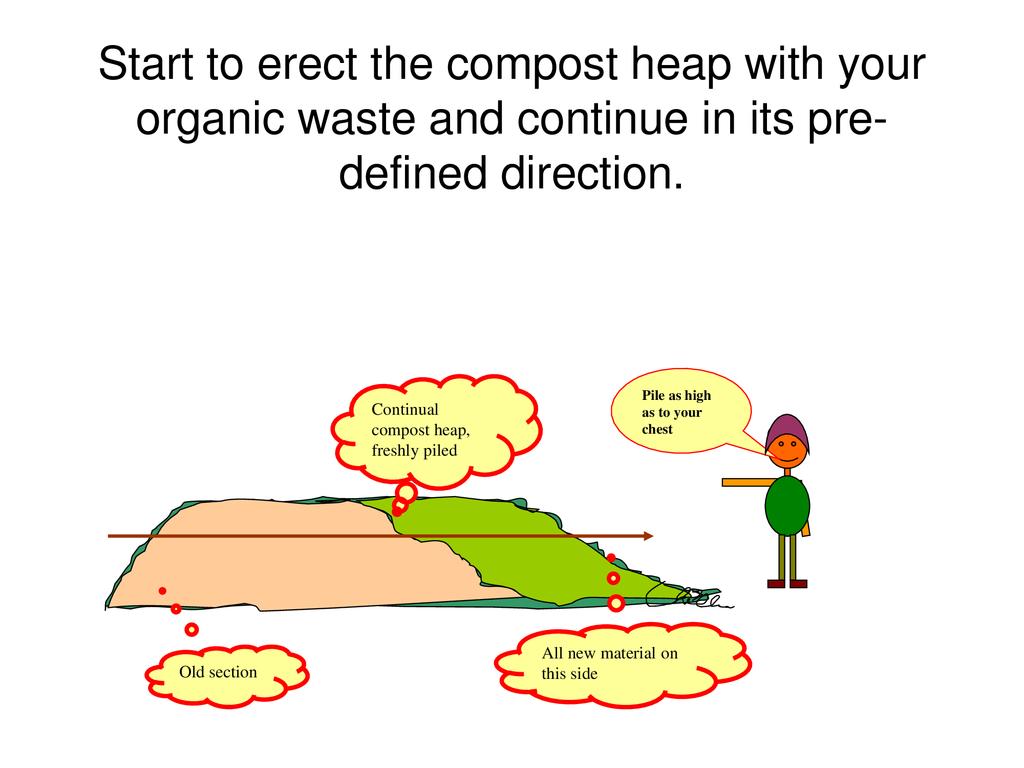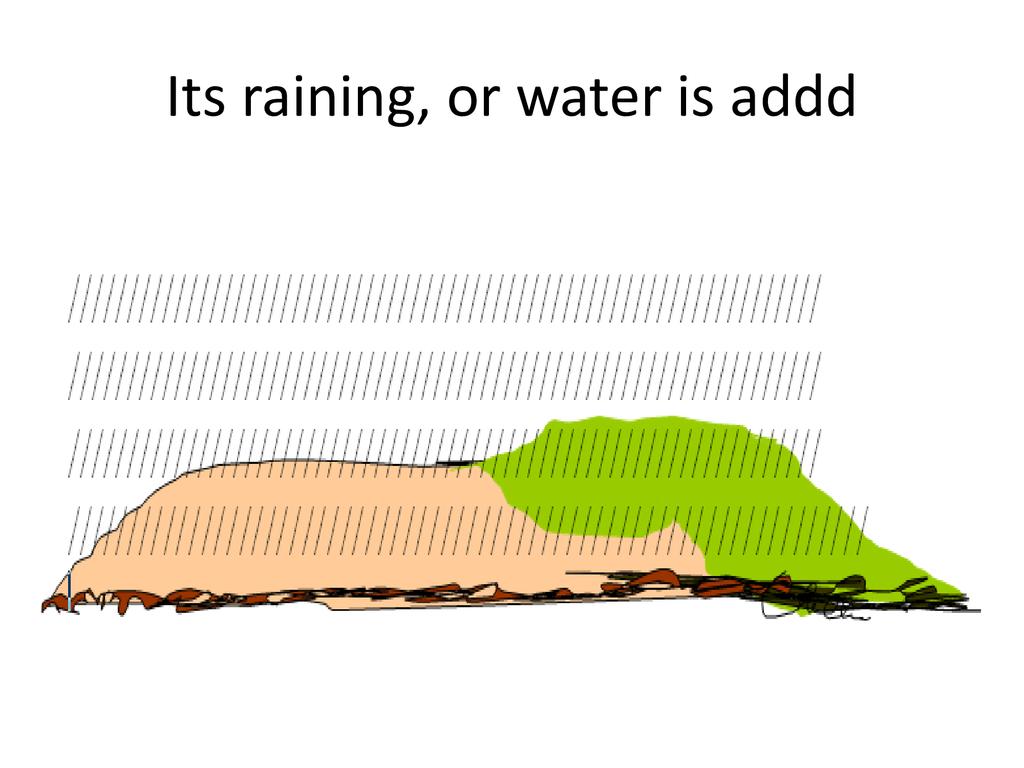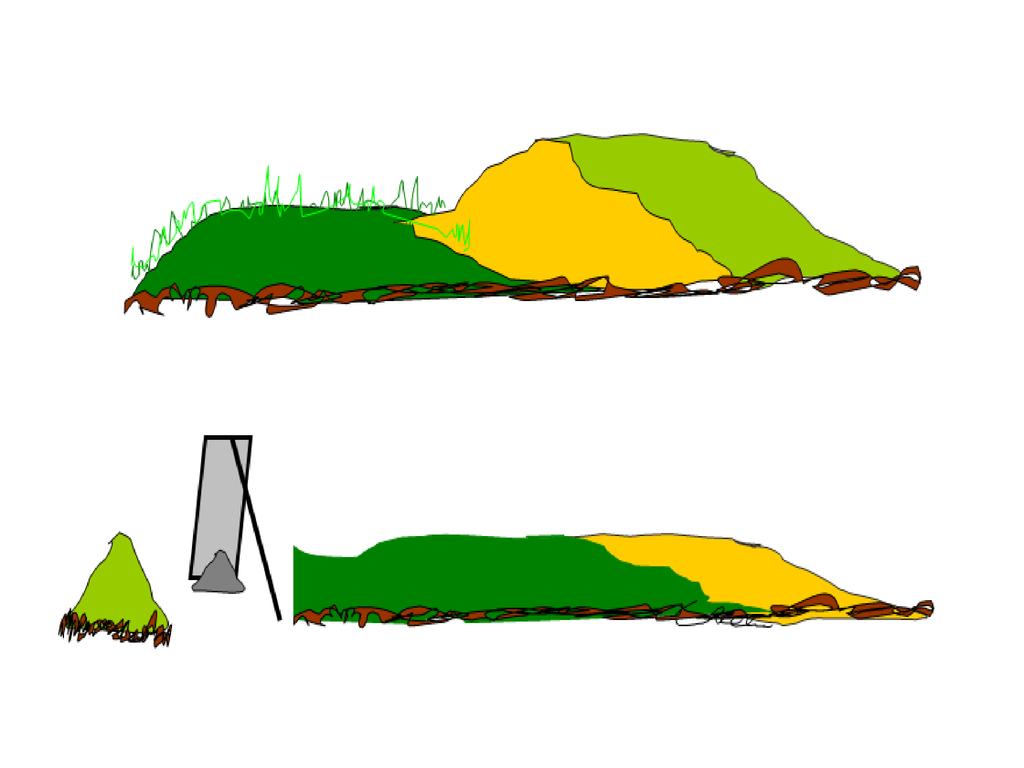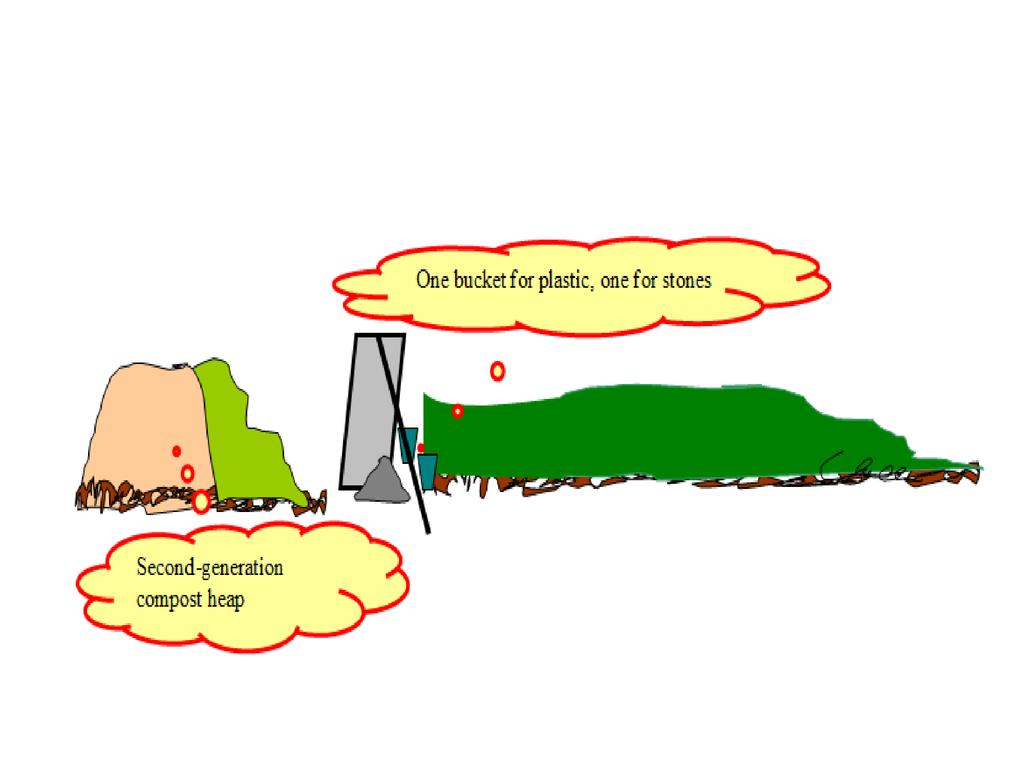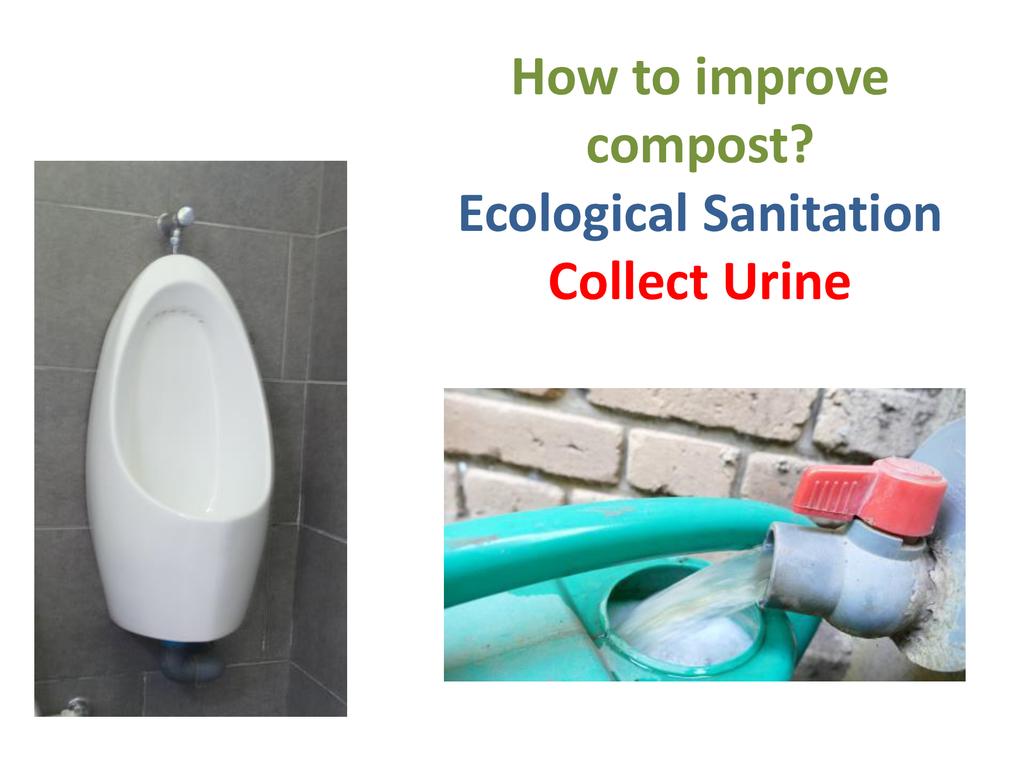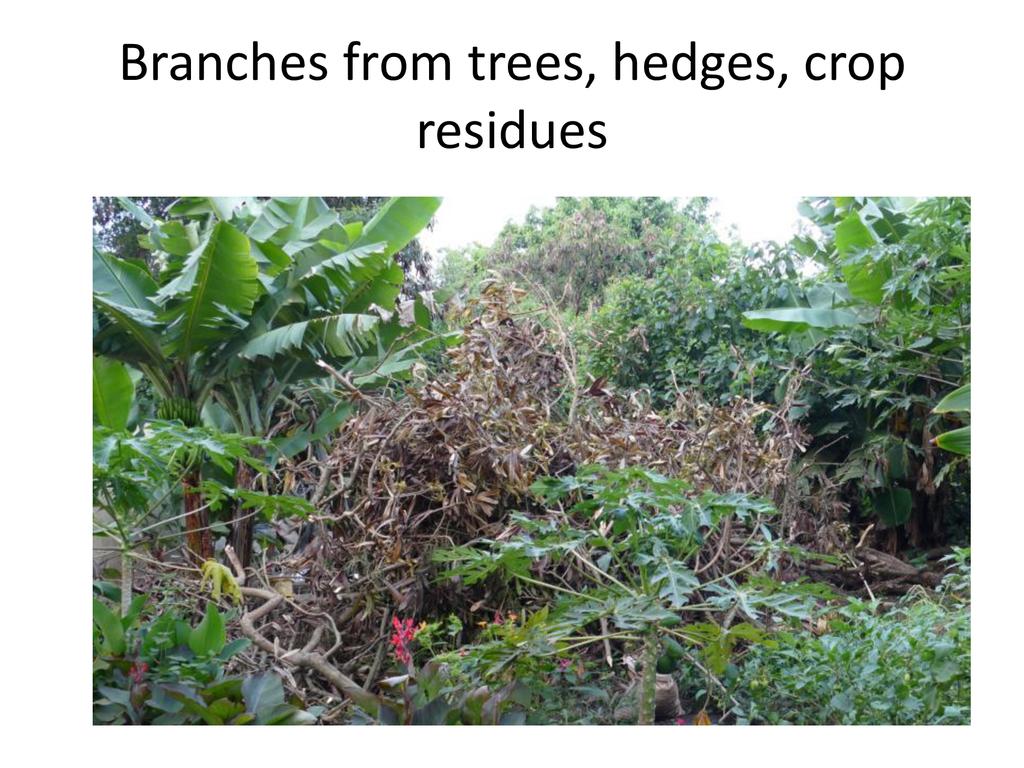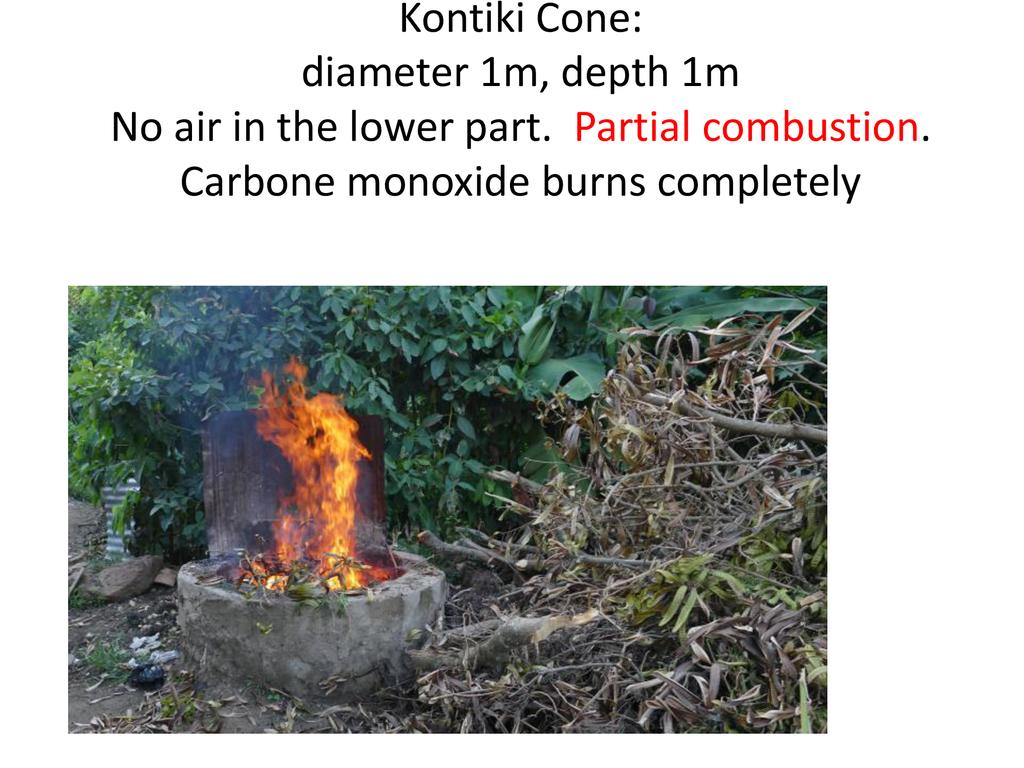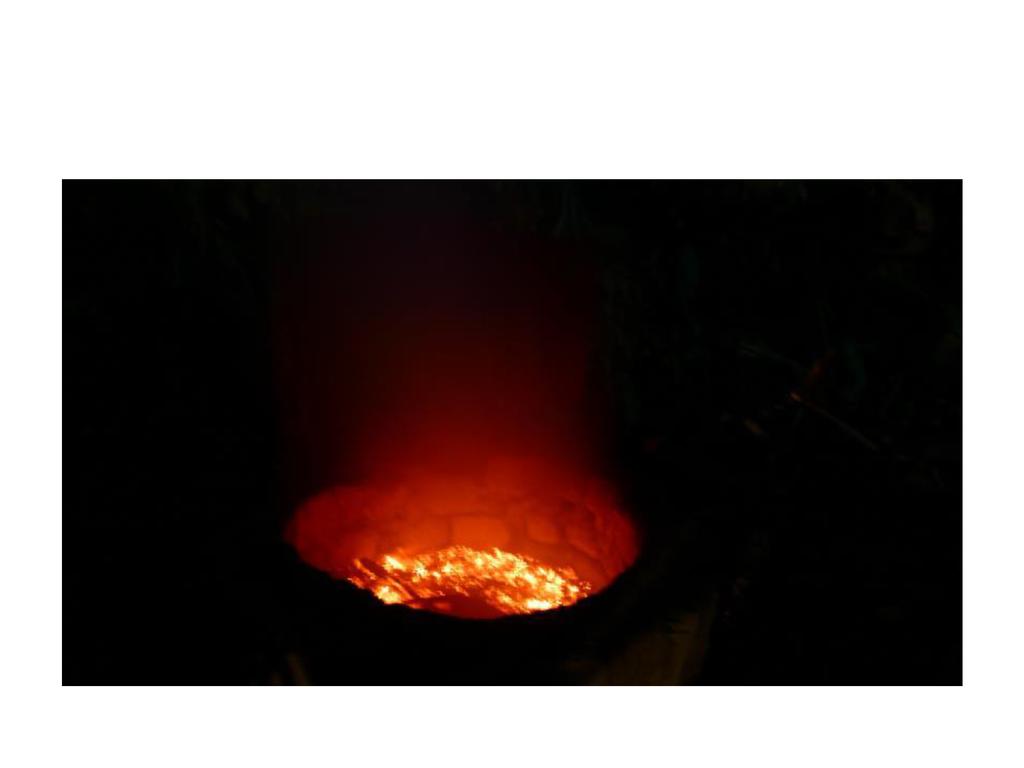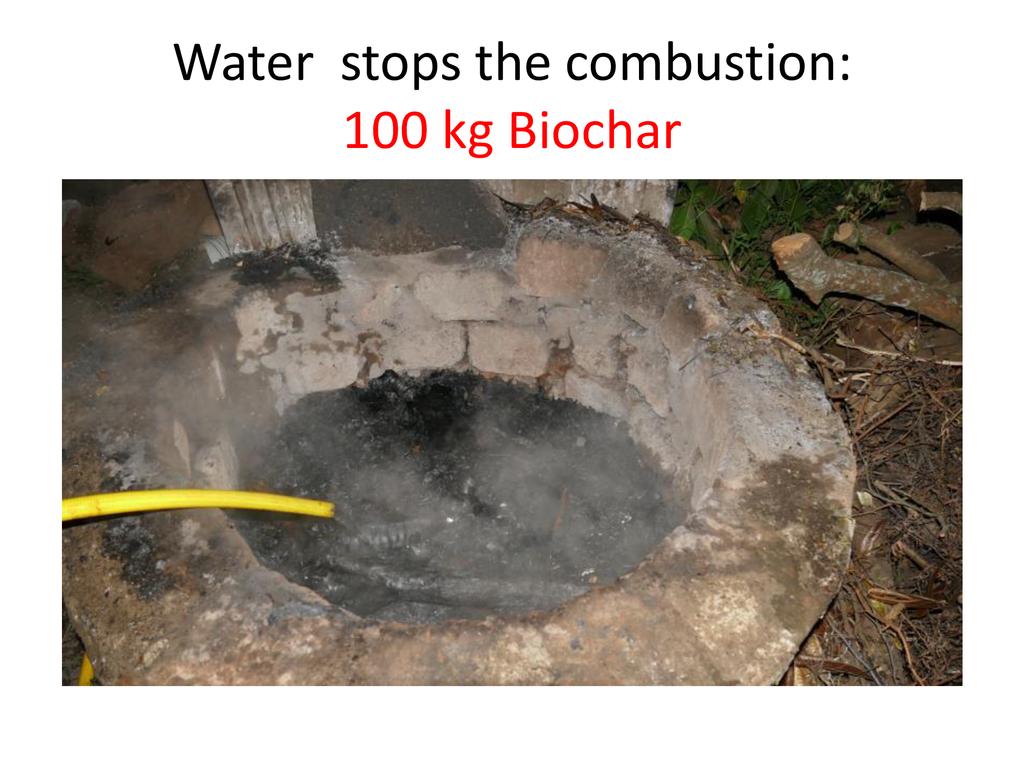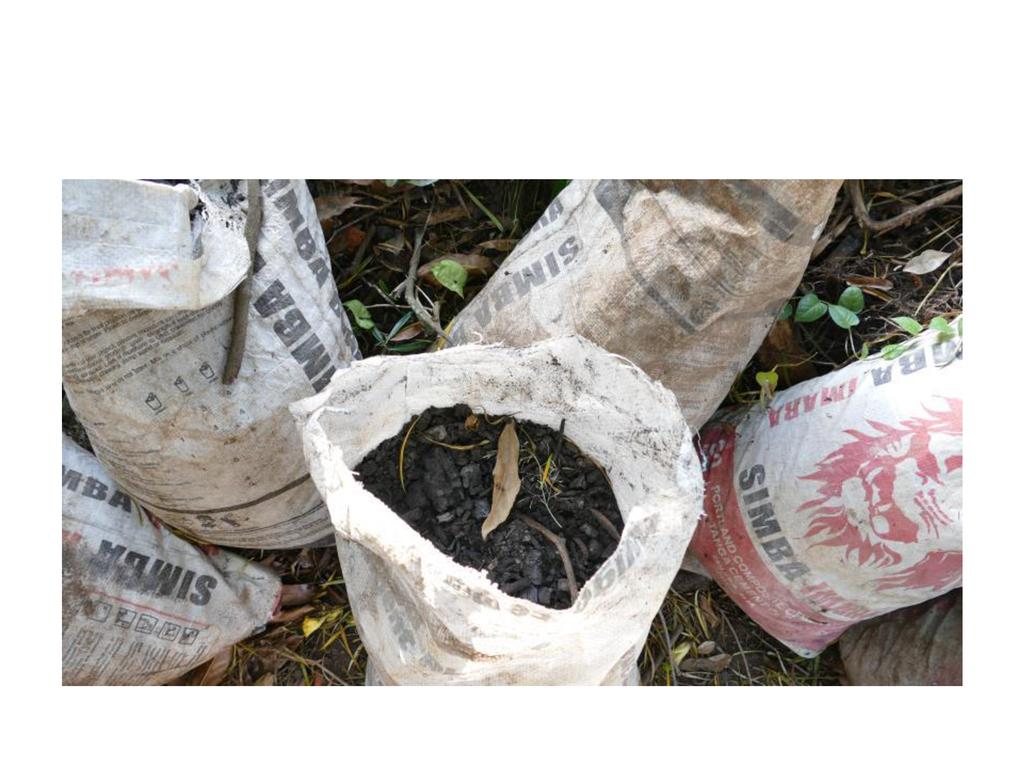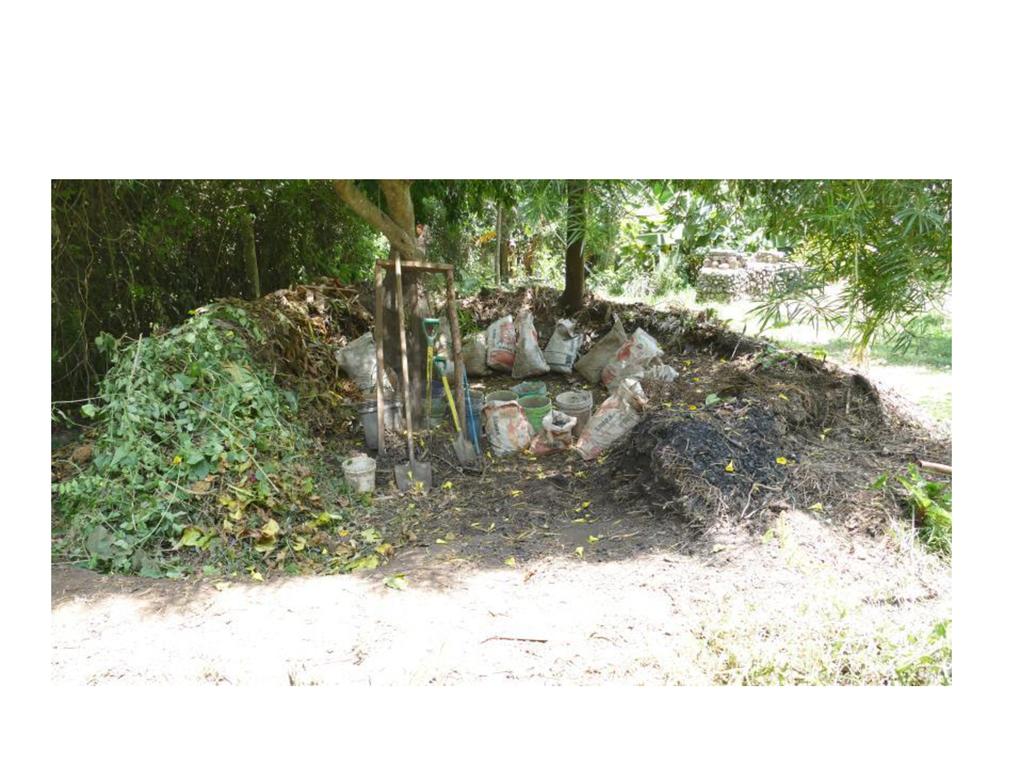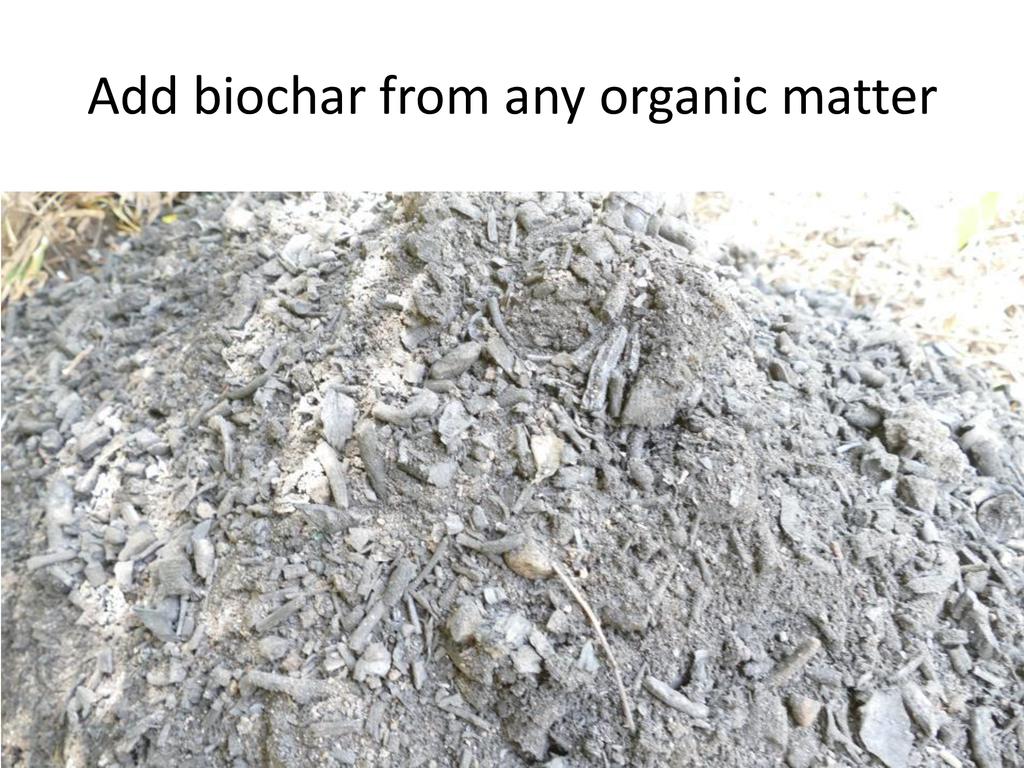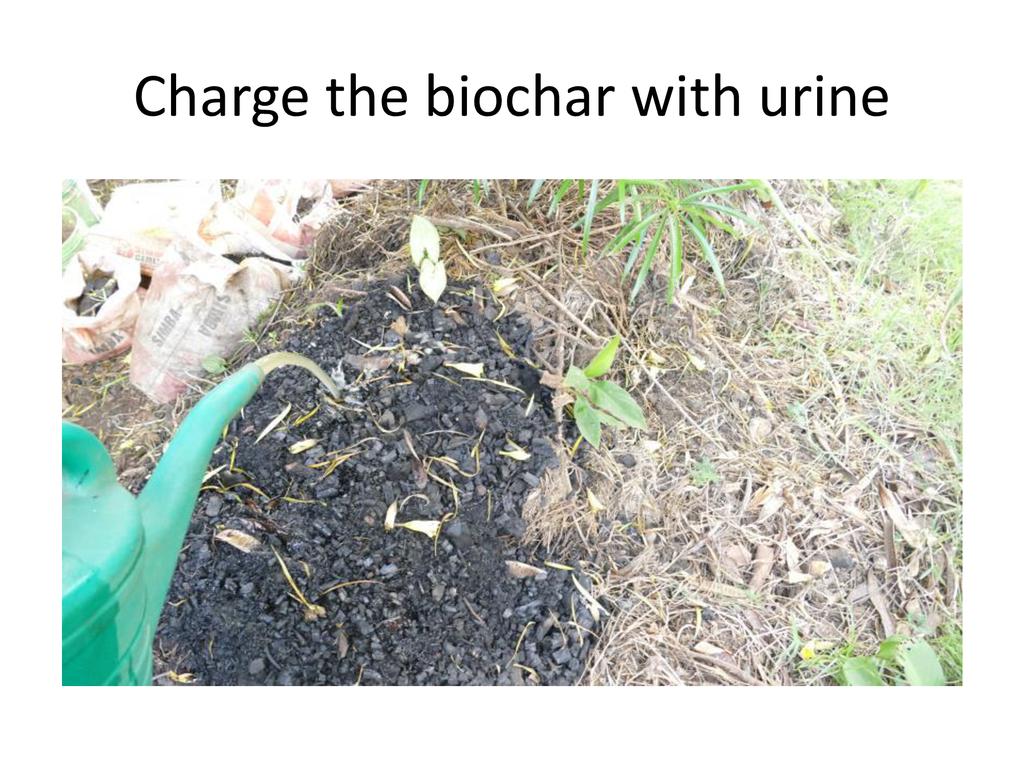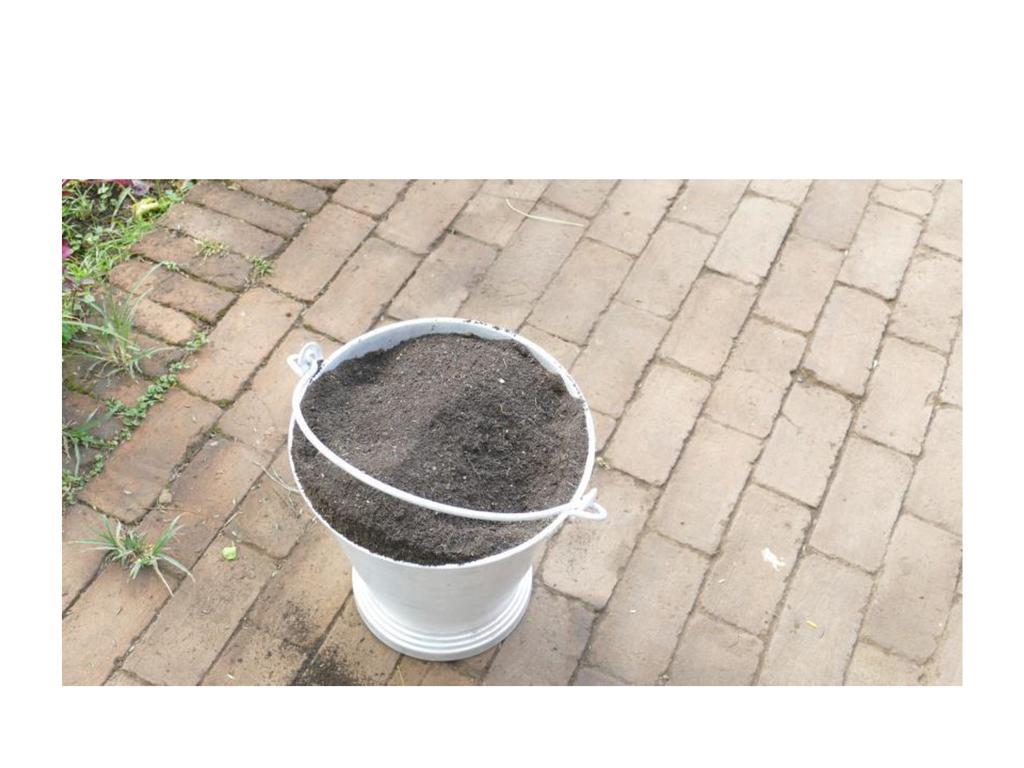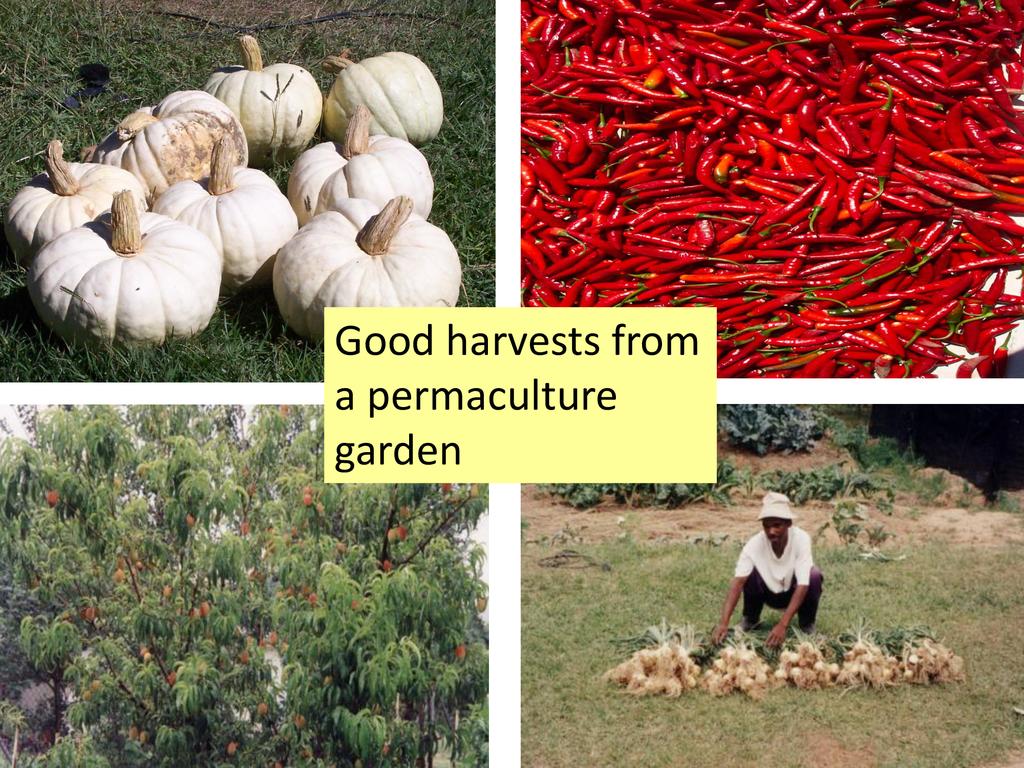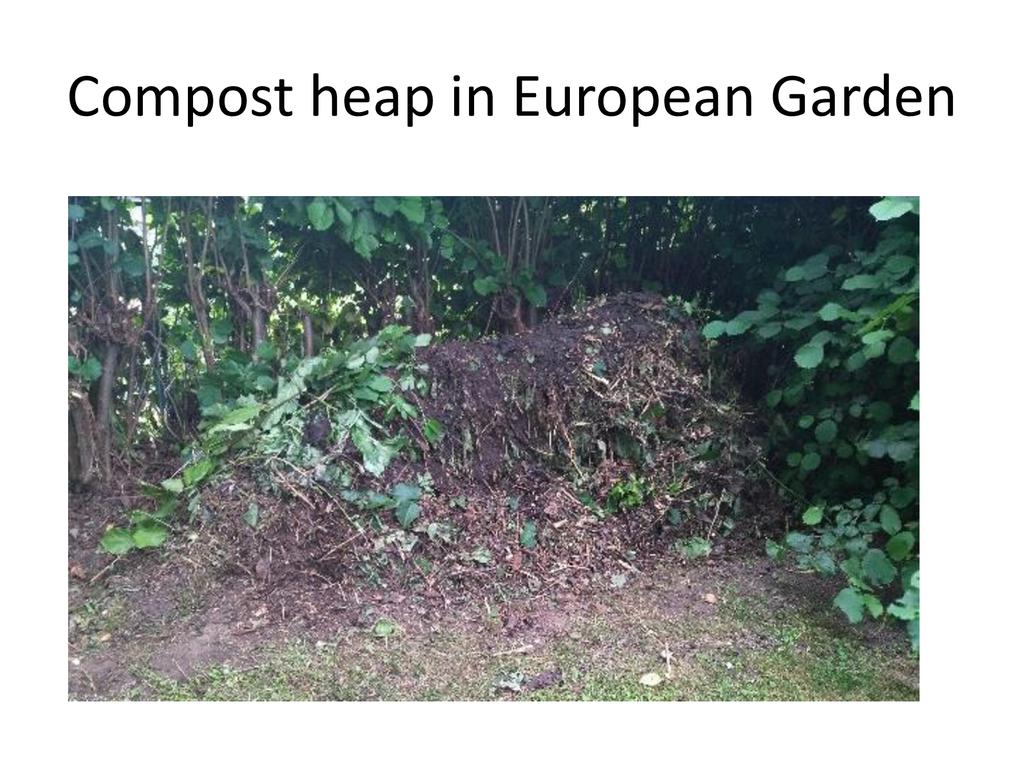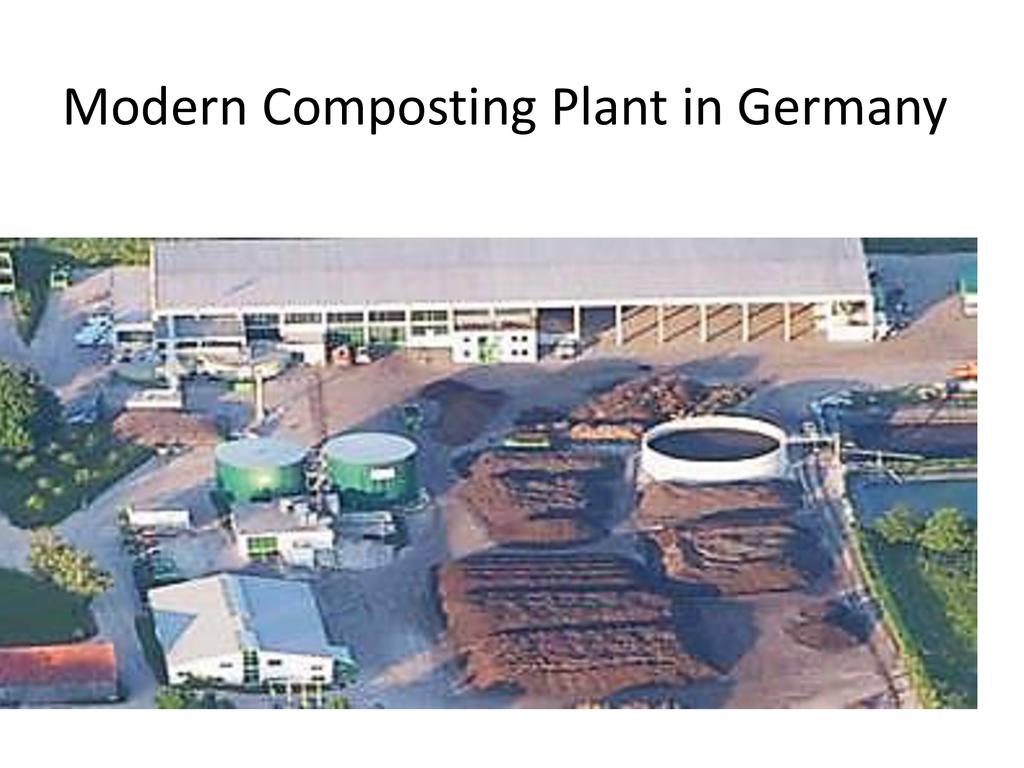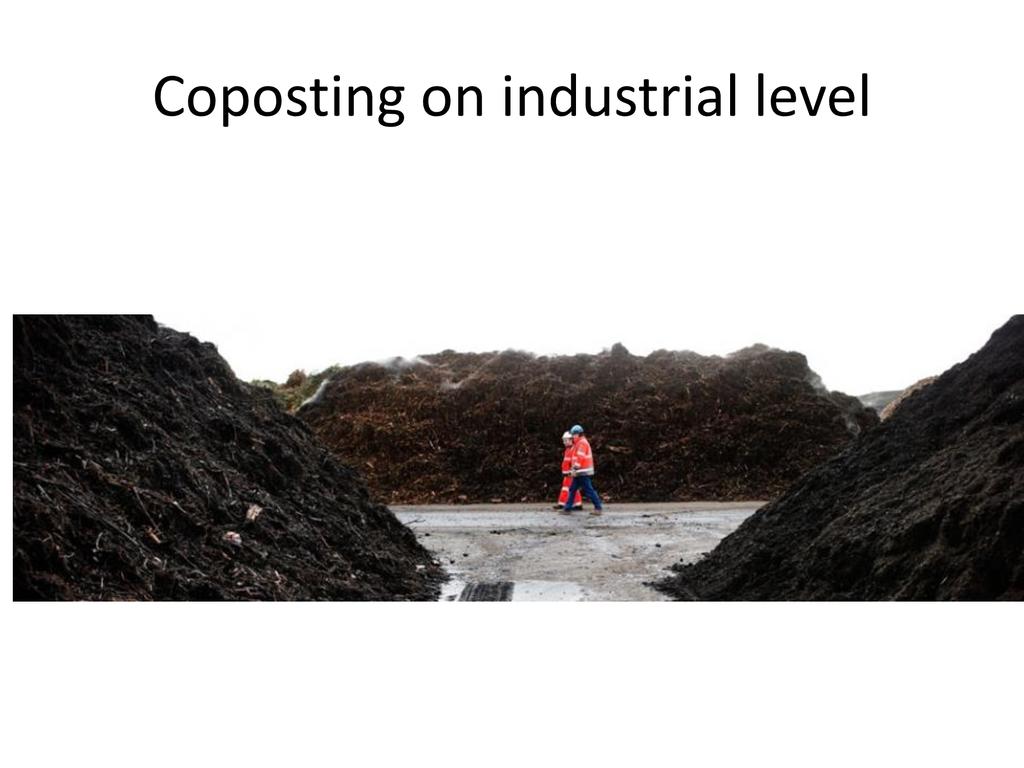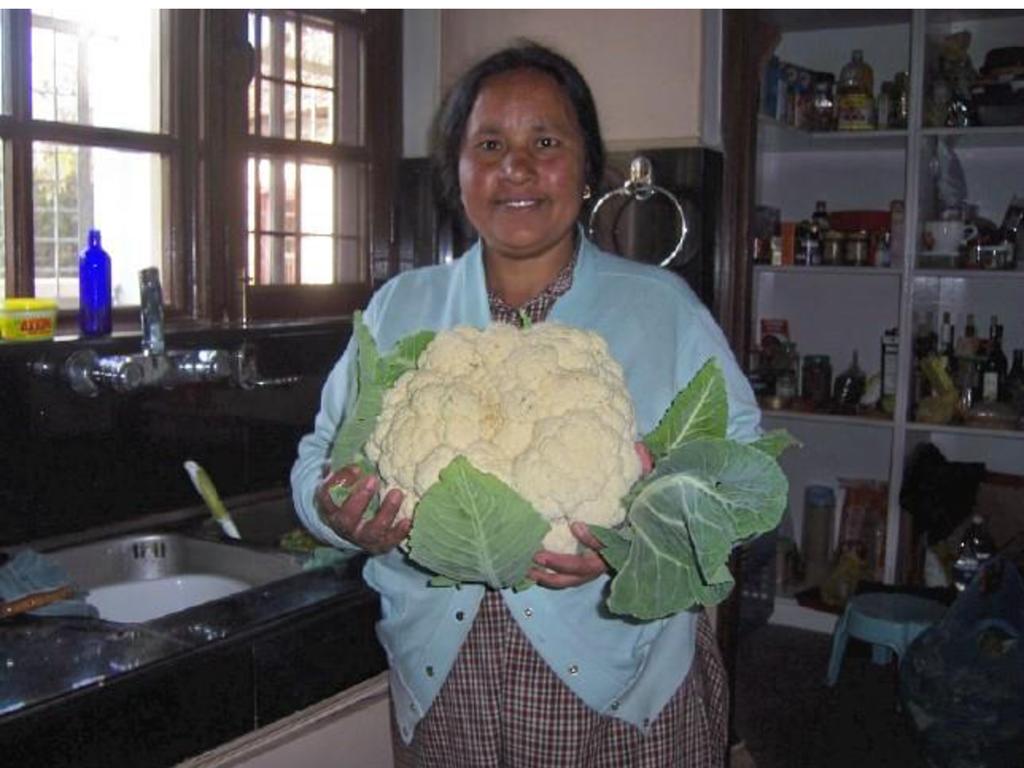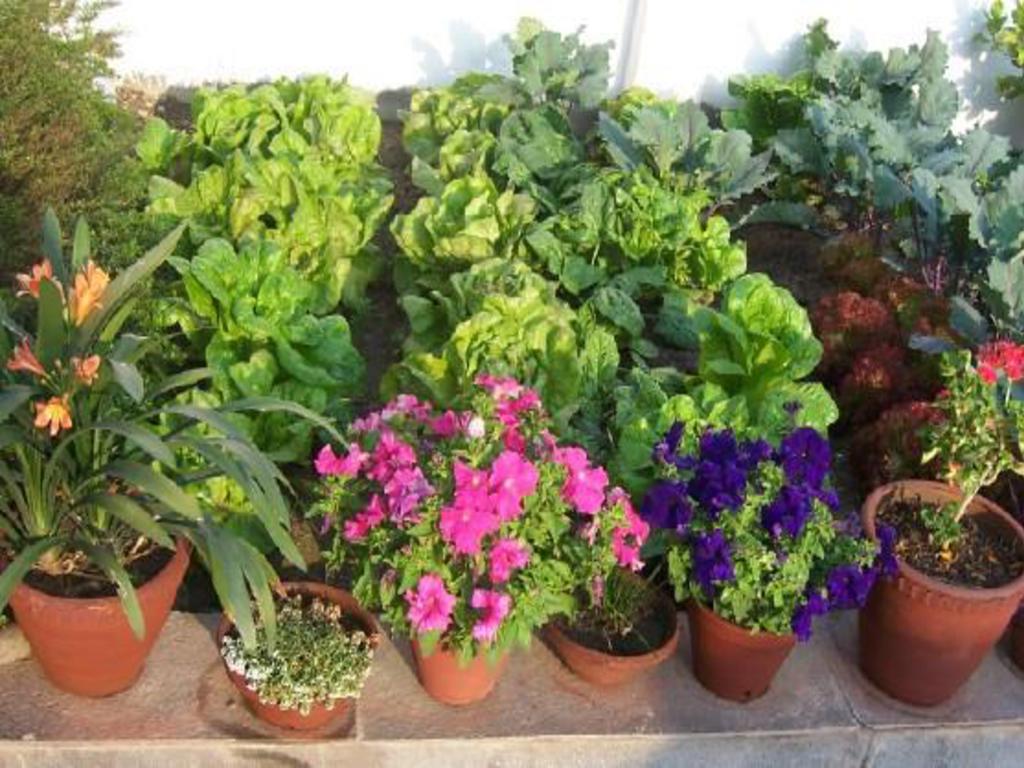Presented By: Christopher Kellner
Event: Symposium on Best Practices in Sustainable Agriculture (13.02.2019)
Session: The productivity of garden land depends on soil fertility, water and climate. Compost is an excellent resource to increase water holding capacity in the first place and to provide nutrients to the soil. Recent trends have introduced other techniques and key words for organic farming among which are Ecological Sanitation and Biochar. Composting is often not done or ignored as it is extremely labor intensive and often not as effective as expected. Ecological sanitation breaks with taboos and stigmatization, as human excreta are not considered a resource but as unwanted waste. Well treated or applied, urine can create wonders and carries for promoters the name: Liquid gold. Excreta can also be a useful resource when treated in a biogas plant and both produce biogas and Bio-fertilizer. Biochar goes back several thousand years as a technique from Terra Prieta, South America whereby charcoal is a part of soil and is not broken down like organic matter. Due to its large internal surface charcoal absorbs and stores nutrients which plant roots can absorb and use. Biochar is like a battery for nutrients. These practices can be seen practiced in Sakina, Arusha on a Friday excursion.
Biographical information: Christopher Kellner has worked during the last 30 years mainly in Africa on different posts engaged in the dissemination of alternative forms of sanitation. The special interest and experience is in biogas technology. He contributed to the development of the CAMARTEC Biogas Unit Design in Tanzania and has adapted and fine tuned the technology to the African context in Ethiopia, Lesotho and Zambia. He is an international consultant.

